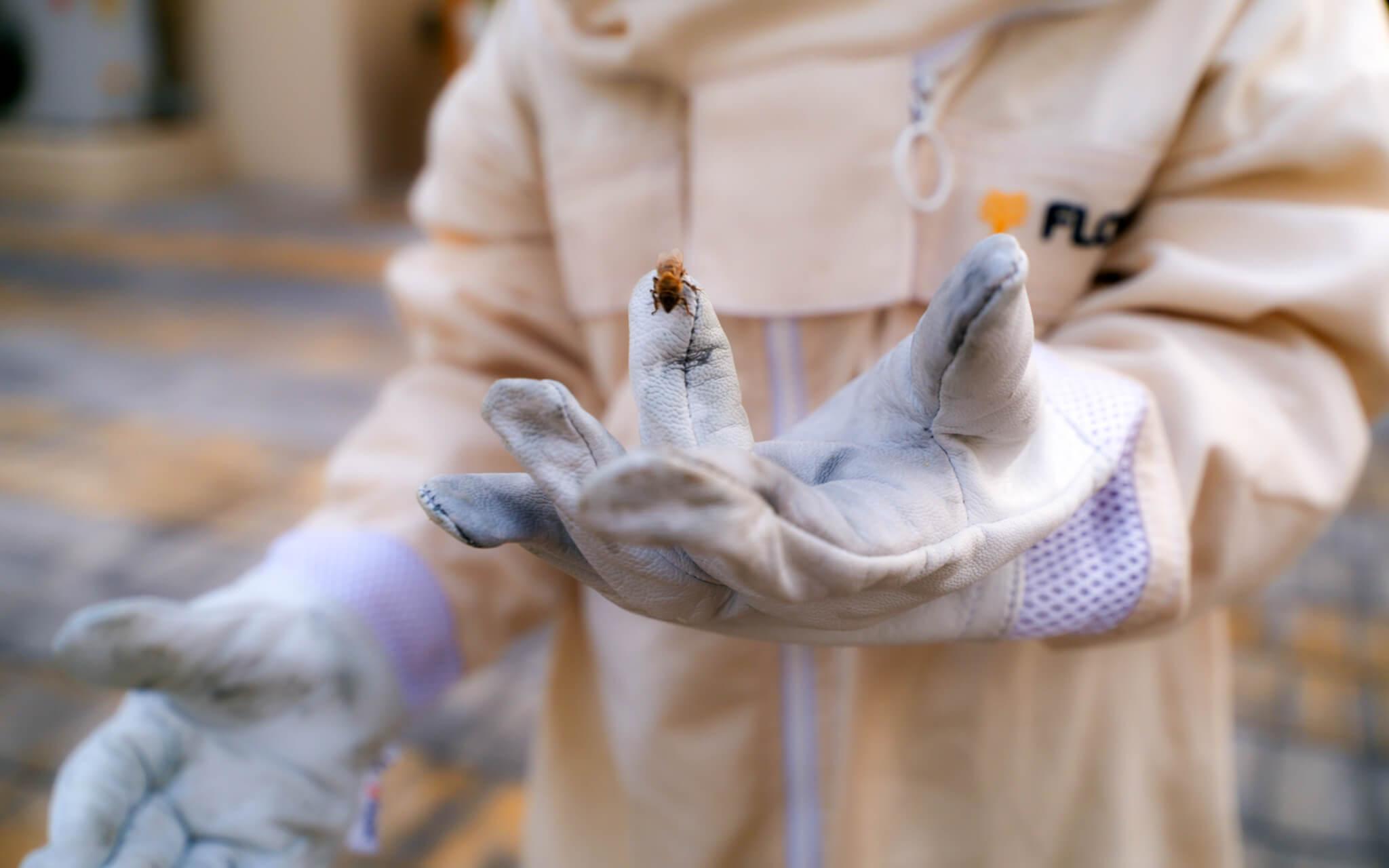Why Must We Gather Now: A Conversation with Gareth Dale
Gareth Dale is an environmental author, lecturer and Associate Head of the Department of Social and Political Science at Brunel University. His writings, beginning in the 1990s, unpick and reconstruct the ideology of economic growth, technological fetishism, degrowth and green growth, and climate politics.
Why do so many of us gather to drive the climate movement forward? And why is it especially important for us now, as a collective society, to unite and demand a better future?
I meet with Gareth Dale – a lecturer at Brunel University whose extensive body of work contributes to the careful deconstruction of ‘economic growth’ and its environmental impacts.
He sits in front of a packed bookcase built into an exposed brick wall. On either side of him are cascading green plants thriving under the English summer sun. We both sip on our tea, and I can almost feel the calm morning air in his nook where he takes the call. The cosy lair of a pacifist revolutionary.
Gareth has come to believe that we must first “find each other” to take action for a better future. “I see collective social movements as the core generator of a more hopeful world,” he says.
Growing up in Fife, Scotland, in the tumultuous 1970s, Gareth attributes his values to his pacifist parents and the mass social movements over issues such as the high unemployment rate and NATO countries’ nuclear armament. Combined with his closeness and love of the natural world since childhood, Gareth has been deeply concerned about the destruction of the environment over the last thirty years. For Gareth, we, as a society, have done undeniable and irreparable damage in the name of capitalism.
“Capitalism, broadly, is a system based above all on wage labour, wherein businesses must constantly compete to gain a cutting edge over others,” Gareth points out.
“And that requires paying as little as possible to the workers or for the resources that come from nature, which then sets up a drive to treat nature as an externality- as something that must be annexed cheaply for production.”
“It’s a system geared to environmental despoliation.”
He shares that his most representative works include The Growth Paradigm: A Critique (2012), a paper that explores the origin of “growth” as a concept and the impractical ideals of modern capitalism that need a thorough examination.
He also stresses that while capitalism has given us various technological marvels, it has wrenched us out of the relatively stable Holocene. What’s that, you ask? It’s the relatively stable 11,700-year period that all earthly creatures enjoyed that followed the Ice Age.
Now, we’re being thrown into the hot-house state of the Anthropocene, a geological period where everywhere on this earth, unalterably, has been impacted by human activities.
”I don’t see any easy way out,” Gareth remarks as plain as the day. “We’re already threatening to cross many critical tipping points: We’ve smashed past 1.5 degrees above the pre-industrial age average temperature, and we’re kicking off the sixth great extinction of species, with enormous numbers of them under threat.”
Gareth briefly stops his eloquent listing of ‘How exactly everything is terrible’ to drive an urgent point: “This is a very ‘exciting’ juncture to be alive and witness this almighty car crash. And to stop the worst of it from occurring, we must rapidly move away from fossil fuels and livestock farming.”
Gareth is neither incensed nor uneasy when speaking of the grim status quo. You can tell that this gentle sharing of crystal-clear observations is as natural for him as breathing. It is a true marker for an impactful educator.
For the first ten minutes of our afternoon tea, Gareth calmly walks me through the very real and terrifying reality of growth ideology, after which I, too, calmly accept that there is truly no easy way out.
All I could ask was: What deters us from doing the right thing?
“I think the most detrimental attitudes people have are deference to the elites and the assumption that they will get us out of this mess while it’s apparent that they’re not doing so,” Gareth was ready with the answers.
“Above all, the worship of private property that leads people to believe that it is their right to destroy the habitability of this planet for every living creature.”
“Take fossil fuel, for example,” he poses. “Why do we think that cheap flights are a democratic right in the rich world when most people in the poor world cannot afford to fly and do not fly? That, I think, is an interesting puzzle to pursue.”
I would simply offer words of encouragement to those who are exhausted. The future of the human race and many other species will depend upon what we do over the next few decades. Hence, these causes we must fight for and not shy away.
Though, all is not lost. In addition to understanding the magnitude of what’s been done, it is important to know that it is absolutely within our power to take action.
“I would simply offer words of encouragement to those who are exhausted. The future of the human race and many other species will depend upon what we do over the next few decades. Hence, these causes we must fight for and not shy away.”
While Gareth might be reminding us of the heavy responsibilities of “doing something, anything” in our power, he also reminds us that we are not alone.
He stresses the importance of engaging with other like-minded individuals. By doing so, we can discover our true power–a joy even–of social movement activity. Looking back to his childhood, when people seemed to have more time for each other, Gareth is nostalgic for a more egalitarian world.
“Social movements are often a constant cycle of enjoyment in getting to know more people and engaging with them,” he muses. “But along the way, one is getting sustenance from the sense that one is attempting to do something meaningful in very difficult circumstances.”
Speaking with Gareth, the phrase “It’s okay not to be okay” takes on a new meaning.
It is okay to face the discomfort and horror of existing in the world. We might not feel OK with it initially, but only then can we look around us for camaraderie and find our voices amplified through our connections with those who also care about this world.
And that sustains us–the connection through the movement.
It might just be how to turn this almighty car crash into a campfire that warms our world.
Most Popular
The Climate Tribe delivers stories about Biodiversity and Conservation, Circular Economy, Food and Water , and how they intersect with climate.
Subscribe
Get the latest stories inspiring climate action around the globe straight to your inbox.






